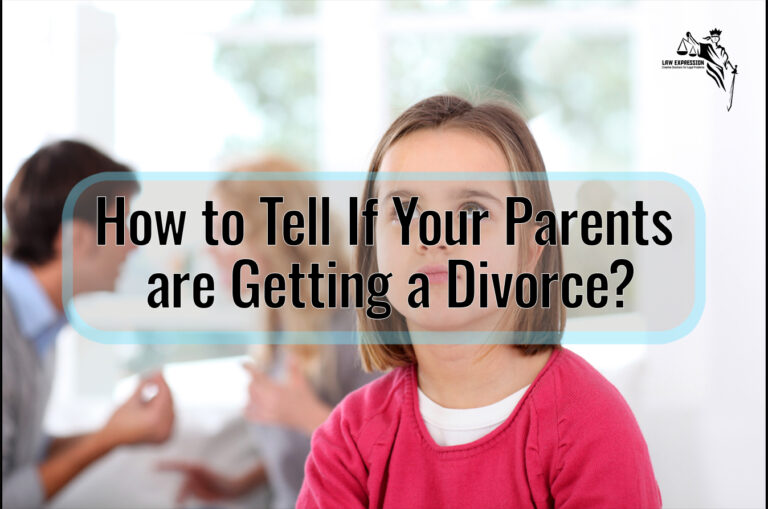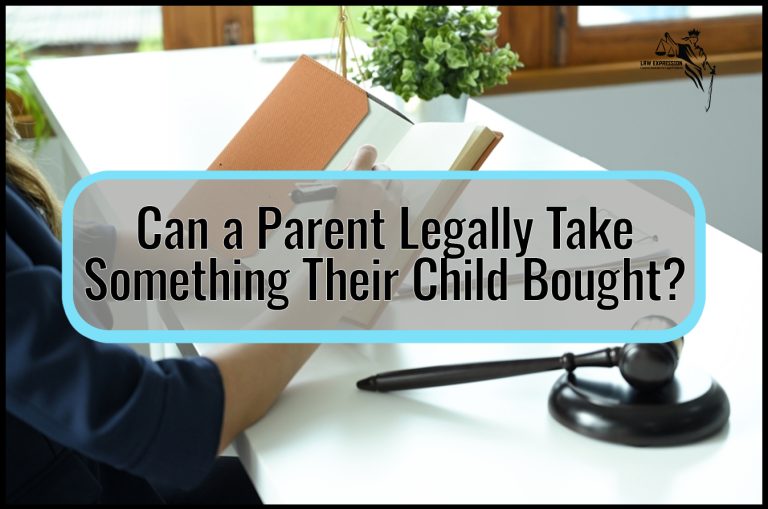What to Say to Alienated Child?
It can be difficult to know what to say to an alienated child. You want to reach out and offer support, but you also don’t want to make the situation worse. Here are a few tips:
– Avoid blame. It’s important not to place blame on either the child or the other parent. This will only make the child feel more isolated and resentful.
– Listen without judgement. Let the child express how they’re feeling without passing judgement or trying to fix things. Just listening can be a valuable form of support.
– Reassure them of your love. let the child know that no matter what, you love them unconditionally and will always be there for them.
It’s difficult to know what to say to an alienated child. You want to reach out and offer support, but you don’t want to make the situation worse. Here are a few tips for what to say (and what not to say) to an alienated child:
– Firstly, avoid anything that might sound like you’re taking sides. It’s important that the child knows you’re supportive of them no matter what happened between their parents.
– Secondly, avoid making any promises that you can’t keep.
The last thing an alienated child needs is false hope.
– Finally, try to focus on the positive aspects of the situation. For example, you could point out that now they have two homes where they are loved and supported.
What Should You Not Say to an Alienated Child?
If you are on the receiving end of alienation, it can be difficult to know how to respond. The child may seem distant or uninterested in what you have to say. They may make hurtful comments or flat-out refuse to see or speak with you.
It’s important to remember that the child is caught in the middle of a conflict and that they did not choose this situation. With that in mind, here are some things you should avoid saying to an alienated child:
1. “Your other parent is a bad person.”
No matter how much conflict there is between you and the other parent, avoid speaking badly about them in front of the child. This will only serve to further alienate the child from that parent and make them feel caught in the middle. Instead, try to focus on the positive aspects of both parents and emphasize that each plays an important role in the child’s life.
2. “I’m sorry you feel that way.”
This phrase can come across as dismissive, especially if said in response to legitimate concerns or hurt feelings expressed by the child. It’s important to validate their emotions rather than brushing them off as invalid simply because they don’t match up with your own perspective on the situation.
Acknowledge what they’re going through and let them know that it’s okay for them to feel however they do.
3 . “You don’t have to take sides.
”
“It’s not either/or.”
Avoid putting pressure on the child to choose one parent over another—this will only further alienate them and make them feel like they have no one to turn to for support .
Instead , try t o emphasize th at both parents love an d care about th eir well-being equally , even if t hings ar e difficult bet ween yo u right now . Let th em kno w tha t yo u ‘ll al ways be ther e fo r th em no matter wha t ha ppens .
How Do I Reconnect With My Alienated Child?
Assuming you have an alienated child, and want to reconnect:
The most important thing is to not blame yourself. It’s easy to think that if only you had done something differently, your child would still be in your life.
But the fact is, alienation is almost always the result of the other parent’s actions.
That said, there are things you can do to try to improve the situation. First, it’s important to stay in contact with your child if at all possible.
Send them cards and letters, even if you don’t get a response. If they won’t talk to you on the phone or see you in person, try sending them emails or texts instead. Just let them know that you love them and are thinking of them.
Second, try not to badmouth the other parent in front of your child (or anyone else). It will only make things worse and make it harder for your child to reconcile their feelings towards both of you. Instead, focus on speaking positively about the other parent whenever possible.
This will help create a more positive association for your child between both parents.
Lastly, try reaching out to family and friends who are close with your child and see if they can help facilitate communication between you two. They may be able to offer some insight into what’s going on from your child’s perspective and give you some guidance on how best to proceed.
Reconnecting with an alienated child is no easy task but it’s important to remember that it’s not impossible either.
What to Do With an Alienated Child?
It can be difficult when a child becomes alienated from a parent. The first step is to try and figure out why the child is feeling this way. It could be due to something that happened between the parent and child, or it could be because of outside influences such as friends or family members.
Once the reason is determined, it will be easier to work on fixing the problem. If the alienation is due to something that happened between the parent and child, it is important to try and repair that relationship. This may require counseling or therapy for both parties involved.
If outside influences are causing the alienation, then it is important to talk with those individuals and see if there is anything that can be done to improve the situation. Lastly, it is essential to make sure that the child knows that they are loved no matter what happens.
How Do Alienated Children Feel?
Most alienated children feel a deep sense of loss, rejection and abandonment. They often feel confused, hurt, angry and isolated. Many also struggle with anxiety and depression.
Alienated children often blame themselves for the estrangement, feeling that they must have done something wrong to deserve such treatment. They may become withdrawn and lose interest in activities they used to enjoy. Some may act out in disruptive or harmful ways as a way to cope with their pain.
If you are the parent of an alienated child, it’s important to seek professional help to address the underlying issues causing the alienation. With proper support, your child can learn to cope with their feelings and begin to heal from this difficult experience.
How to Reach Your Alienated Child and Change How They Think of You I Ryan Thomas Alienated Child
When to Give Up on an Alienated Child
No parent wants to hear the words, “I hate you,” but it’s a reality that many face. If your child has said these words, it can be difficult to know what to do. Should you give up?
It’s important to remember that children are often feeling overwhelmed and hopeless when they express these sentiments. They may not really mean what they’re saying and instead are just trying to cope with their feelings in the only way they know how.
That said, there are times when it may be necessary to give up on an alienated child.
If your child is consistently hostile and uncooperative, refuses all attempts at communication, or is actively harmful towards you, then giving up may be the best option for everyone involved.
If you’re struggling with whether or not to give up, reach out to a therapist or counselor who can help you make the best decision for your family.
Conclusion
It can be difficult to deal with an alienated child. You might feel like you are constantly walking on eggshells, and nothing you do or say seems to make a difference. The most important thing to remember is that you are not alone.
There are many other parents who have gone through this experience, and there is help available.
There are a few things that you can do to try to improve the situation. First, it is important to keep communication open.
This means being willing to listen to your child, even if they are saying hurtful things. It is also important not to argue with your child or try to convince them of anything. Instead, focus on showing them that you love them and want what is best for them.
You should also try to create opportunities for positive interactions between you and your child. This could involve doing activities together that they enjoy, or simply spending time talking about neutral topics. If possible, avoid talking about the alienation itself as this can often make things worse.


